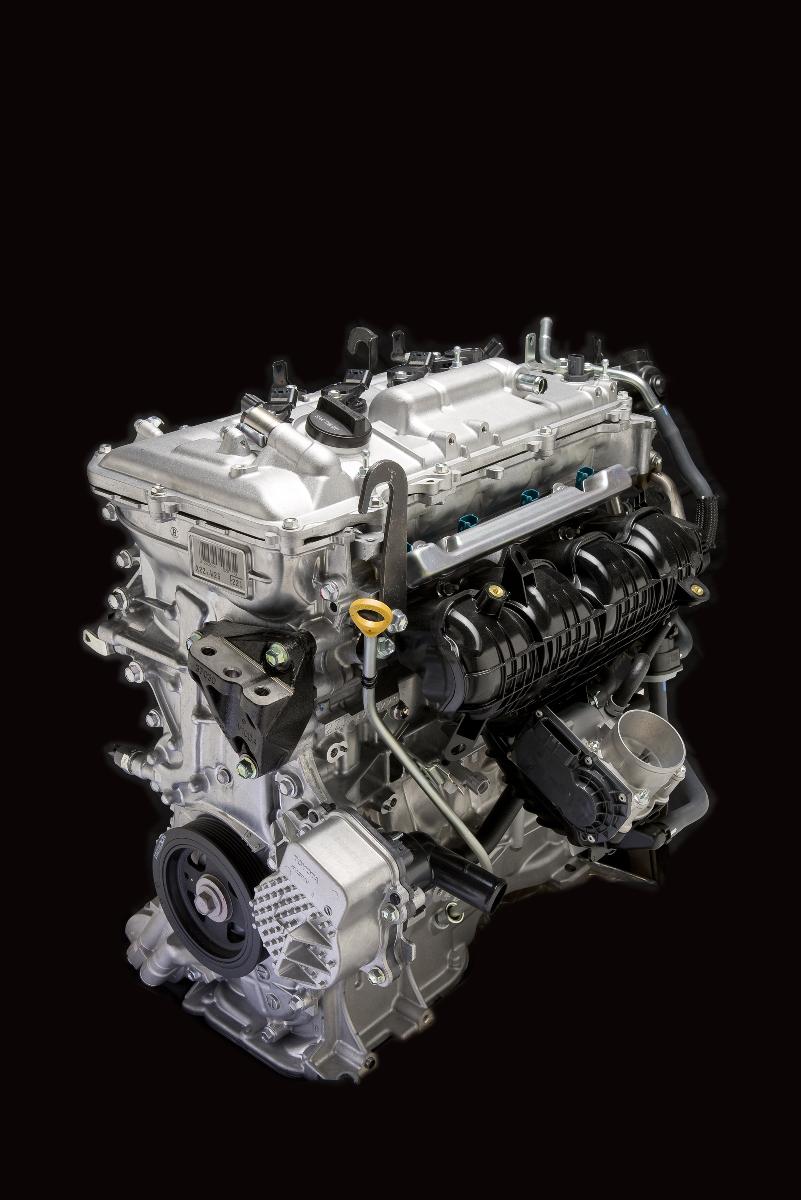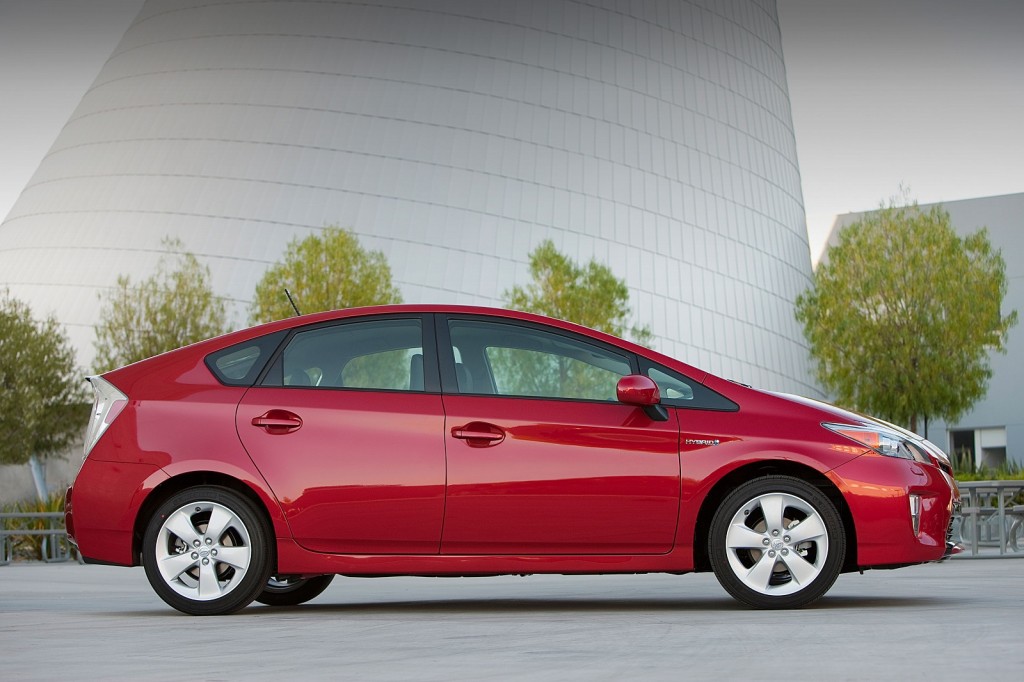You may not hear about the thermal efficiency of engines much: It's the ratio of how efficiently they use the energy in the fuel they burn.
Conventional gasoline engines have long run about 25 percent, diesels at 30 to 35 percent.
But the gasoline engine to be used in the next generation of the Toyota Prius hybrid will achieve a remarkable thermal efficiency of 40 percent, according to its maker.
DON'T MISS: Toyota Gasoline Engine Achieves Thermal Efficiency Of 38 Percent (Apr 2014)
An article in Nikkei Technology Online, an arm of the renowned Japanese news service, reports on a technical conference in Japan that wrapped up today.

2010 Toyota Prius 1.8-liter gasoline engine, with no accessory drive belts
A 40-percent thermal efficiency would make the new Prius engine the most efficient gasoline engine in the world.
The maximum efficiency of the engines in the first- and second-generation Prius models was 37 percent.
The third-generation Prius (2010-present) is rated at a maximum efficiency of 38.5 percent, according to Toyota.
Toyota announced the 40-percent level at the Annual Spring Congress meeting of the Society of Automotive Engineers of Japan, which took place in Yokohama over three days ending today.
Part of the efficiency boost comes from improving the limit on exhaust gas recirculation from the current 21 percent to as much as 28 percent.
When the amount of cooled exhaust gas reused in the cylinder can be increased, the temperature of the gasoline inside the cylinder can be lowered.
That in turn prevents engine knocking, while reducing the heat energy lost to cooling by 8 percent compared to the current engine.
ALSO SEE: Is This The Next Toyota Prius Hybrid Captured On Video?
The greater recirculation of exhaust gases is made possible by faster combustion, which is provided by intricate design to encourage faster airflow inside the cylinder.
Toyota says it has increased the mean turbulent velocity of the gasoline-air mixture inside the cylinder by more than 30 percent.
The company's combustion engineers also changed the shape of the top piston face for the same reason.

2015 Toyota Prius Liftback
But with higher velocity of gas inside the combustion chamber, igniting the mixture becomes more difficult.
To resolve this challenge, Toyota is significantly raising the ignition energy provided by the spark plug, from 35 to 100 millijoules.
The fourth-generation Toyota Prius hybrid is expected to be launched at the Tokyo Motor Show this fall.
MORE: 2016 Toyota Prius Was Delayed Due To Redesign For Sportier Style (Dec 2014)
The standard Prius Liftback is expected to be rated at 55 miles per gallon by the U.S. EPA when it arrives on the market.
There will also be a plug-in hybrid version of the new Prius, though fewer details have been released on that vehicle.
The car was delayed by several months both for a redesign to make it sportier and because of challenges around launching a new shared architecture that will ultimately be used in dozens of different Toyota and Lexus vehicles.
[hat tip: Hugh Crawford]
_________________________________________________













